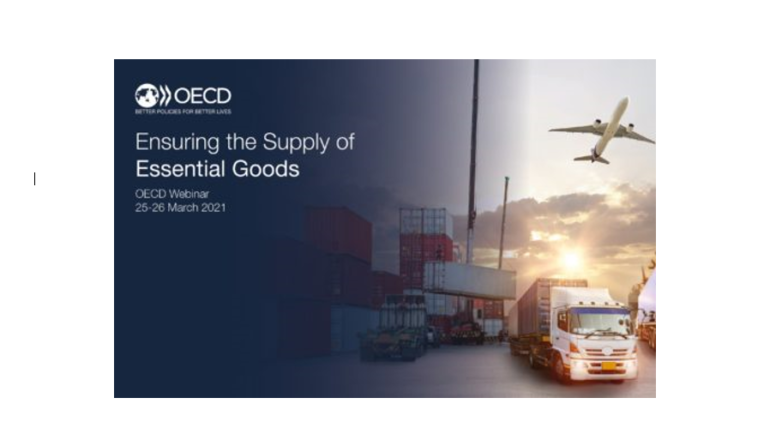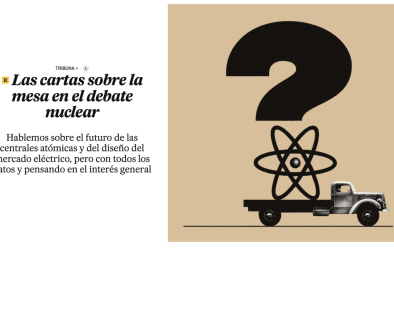OECD Ensuring the supply of essential goods
During the COVID-19 crisis, shortages of some medical goods have alerted many governments to the challenges of ensuring the provision of ‘essential goods’ in times of crisis. There is today an opportunity to take stock of the initial lessons learned from the current crisis, as well as to look forward and consider how to be better prepared for future shocks.
The OECD has organized a discussion among experts from all over the world about a key and timely question: how to address the challenge of helping countries ensure economic resilience through increased security in the supply of essential goods. The objective is to explore solutions that bring coherence between the various angles to the issue at stake, with the aim to join forces, cross fertilise policy analysis, and identify relevant trade-offs.
The discussion on “Ensuring the Supply of Essential Goods” has addressed the following questions:
· What are the risks of shortages of essential goods to anticipate in the medium to long-term?
· What is the role of governments and other stakeholders to ensure the supply of essential goods during crisis?
· What are the policy tools to best address this resilience challenge, while mitigating negative externalities?
· What can we learn to date from experience in COVID-19?
Natalia Fabra gave the keynote introductory speech. Her slides can be found here.
The background note to inform the discussion as the paper:
Fabra, Motta, peitz (2020) Preparing for the next crisis: How to secure the supply of essential goods and services, CEPR Policy Insight N° 106, September 2020 (Article Slides)




